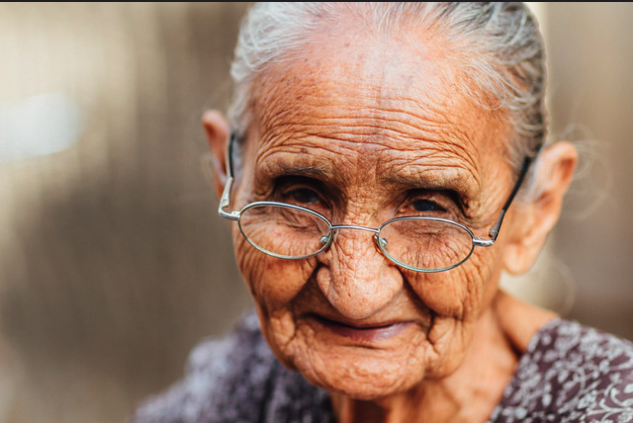Imagine losing your ability to speak. You can make words and sounds, but the syllables are so prolonged and slow that your speech is nearly incomprehensible. In addition to speech, you have lost the ability to control your limbs. You cannot walk. Your arms are too weak to put on clothes, use utensils to feed yourself or hold a pencil to write. To top it off, you have lost control of your bowels — nothing that goes in will come out. Despite your body malfunctioning, your mind is sharp. You are aware of your body falling apart, yet you cannot effectively communicate to anyone that there is something incredibly wrong. How would you feel in this situation?
She was an elderly woman I met during my time in the inpatient medicine service as a third-year medical student. Her case on admission was what some would reduce as “bread and butter” constipation and urinary retention. However, there was another puzzling piece to her presentation. She was markedly ataxic and dysarthric with no evidence of stroke.
Following her care over the subsequent week, I came to learn her story. In six months, her speech had deteriorated and she became wheelchair bound. It was evident looking at her cachectic body that if someone was not there to feed her, she did not eat. She was not even strong enough to hold herself up, let alone hold a cup to her mouth. While she did not arrive at the hospital in soiled clothes, it was unclear if she even had a family to call.
Over the next few days, workup revealed she was experiencing paraneoplastic cerebellar degeneration, a manifestation of her occult cancer. In a matter of three days, a patient who had come in for seemingly benign constipation was told she had metastatic lung cancer. Her prognosis was undoubtedly poor. At this point, the intravenous immunoglobulin treatments she was receiving were ineffectual.
I did not blame her for wanting to be left alone during morning rounds, sometimes blatantly ignoring me when I came to see her. I did not blame her for being exasperated while trying to repeat herself for the fifth time to answer my questions. I did not blame her for ripping out the intravenous tubes or the Foley catheter because they were uncomfortable. How could I fault her? She was coming to terms with a terminal cancer diagnosis. She was alone, scared and isolated in her own mind and body.
Her situation resonated with me. Before medical school, I lost my father to degenerative brain disease. As dementia caused his mind and body to decay, I watched my father grapple with the desperation of trying to maintain his grip on reality while losing his identity. He lacked impulse control and was angry and aggressive even towards the ones he loved the most, including me. At times, he was unrecognizable. On days he was lucid, he would voice how much it meant to him to have someone familiar, to be reminded he was not alone and how sorry he was for his condition. Those moments, though difficult, gave me perspective on how jarring it must have been to undulate between being familiar with your surroundings and being lost.
Despite her regularly unpleasant and uncooperative mood I always made the effort to greet my patient with a cheerful smile during rounds, just as I did for my father. Before she was discharged to hospice, I went to see her one last time. With her labored and slow-syllabled words, she apologized to me for not speaking well and thanked me for my kindness. I was a bit taken aback by her apology. To me, my contribution to her care seemed so small. As a mere medical student, I certainly could not fix her cancer.
She did not need to apologize. I understood that, with the state of her illness, it would be unrealistic for me to expect her to be her best self. She was human — a person who had lived a full life of joy, celebration, tragedy and loss. The very least I could do for someone in her position was to provide a familiar face and show her that she was not alone. She deserved to be treated as more than a body in a bed or as her cancer alone. If her family could not be there in support, I would.
I came to understand that the conscious decision to make connections is what fortifies our ability to serve others as physicians. Our patients not only teach us about medicine but, more importantly, unconditional kindness, humility and empathy. These interactions and stories we carry throughout our careers ground and remind us of our “why” we chose to practice medicine. While our time together was short, I am truly grateful for her lesson.
Image credit: Old Woman, Morbi India (CC BY-NC-ND 2.0) by AdamCohn

